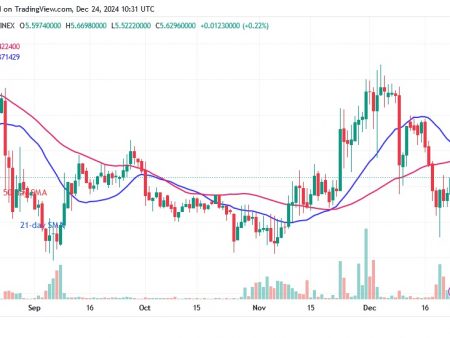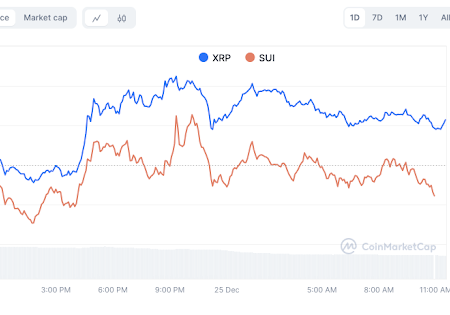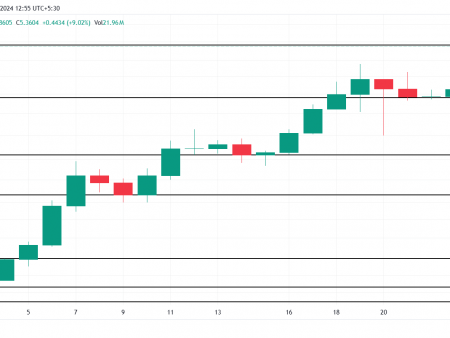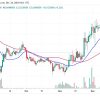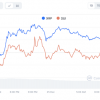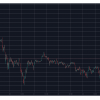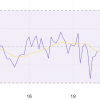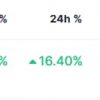Key points:
- The South Korean government is considering deferring cryptocurrency capital gains taxes from January 2025 to January 2028. A final decision is expected later this month.
- South Korea’s cryptocurrency tax was originally scheduled to be introduced in October 2021, but it has already been delayed twice due to concerns about the burden on investors and market confusion.
- Critics argue that further delays are unwise given the long lead time, while others fear that political considerations could lead to indefinite postponements.
In accordance with Hangyeong NewsThe South Korean government and ruling party are considering delaying the introduction of a cryptocurrency capital gains tax from January 2025 to January 2028.

Cryptocurrency tax under consideration in South Korea for third time
The Finance Ministry has not yet made a final decision and will publish amendments to next year’s tax law later this month. Originally scheduled for October 2021, South Korea’s cryptocurrency tax has been delayed twice, first to January 2023 and then to January 2025. Each delay was attributed to concerns about investor burden and market confusion.
If the current proposal is approved, the tax would be delayed for a total of more than six years, prompting criticism that South Korea’s crypto tax policy is overly influenced by public opinion. The latest data from the Financial Services Commission shows that there are 6.45 million domestic cryptocurrency investors in the country, with more than half of them in their 30s and 40s, indicating that they have significant influence on public sentiment.
Political influence and market concerns drive tax policy debate
Discontent over South Korea’s cryptocurrency tax has grown as the price of Bitcoin and other cryptocurrencies has fallen. A tax on financial investment income, scheduled for early next year, has also faced delays. Critics argue that a lack of systemic and institutional readiness makes a full-scale tax impractical. However, some officials counter that the government has had ample time to prepare, suggesting that further delays indicate negligence.
There are also concerns about the possibility of an indefinite delay, driven by public opinion and market conditions. With a general election in April 2028, another delay seems likely if the tax is brought forward to this year. Many argue that introducing the tax early next year, before the next major election, would be sensible.
| DENIAL OF RESPONSIBILITY: The information on this site is provided as general market commentary and does not constitute investment advice. We encourage you to conduct your own research before investing. |
